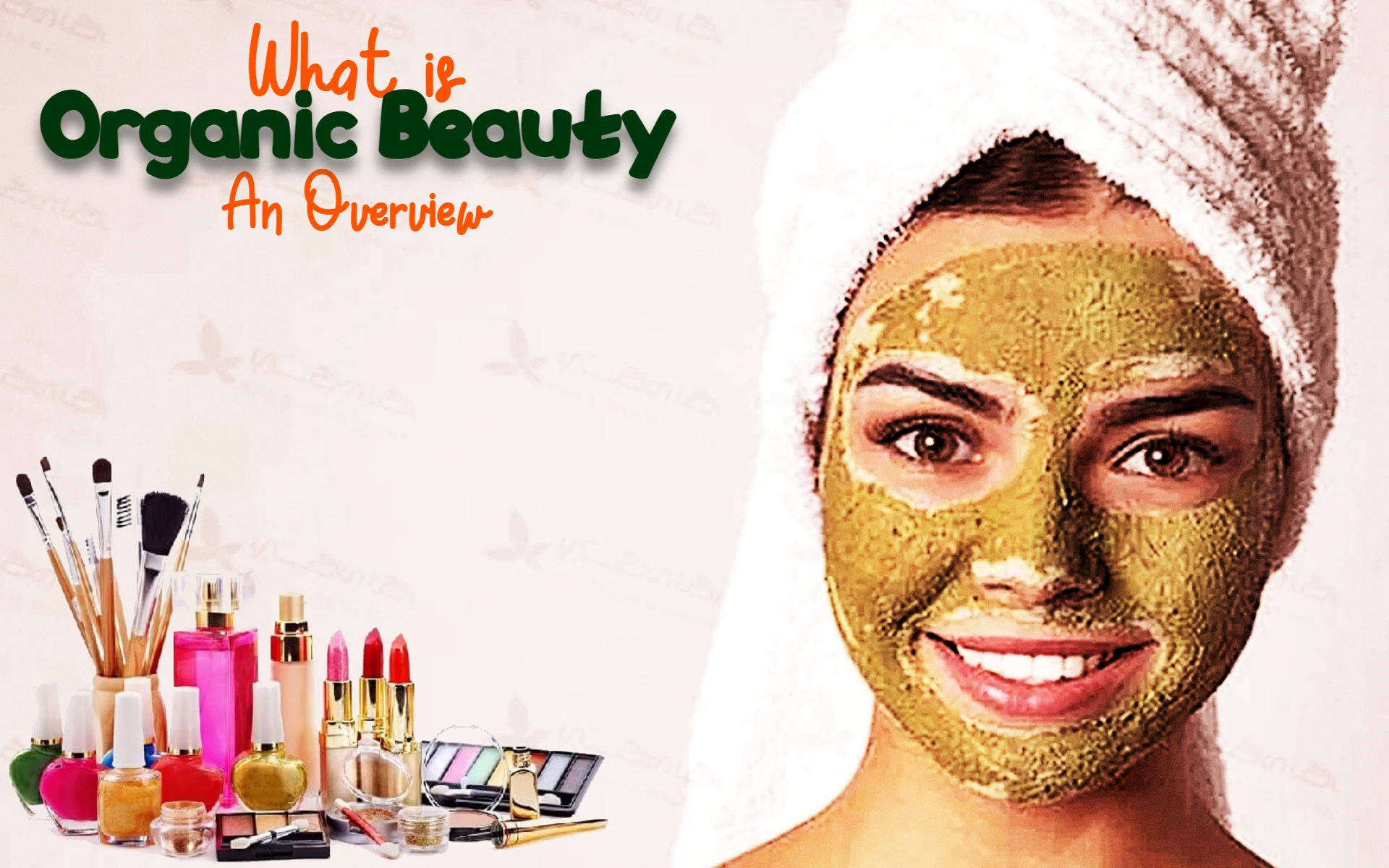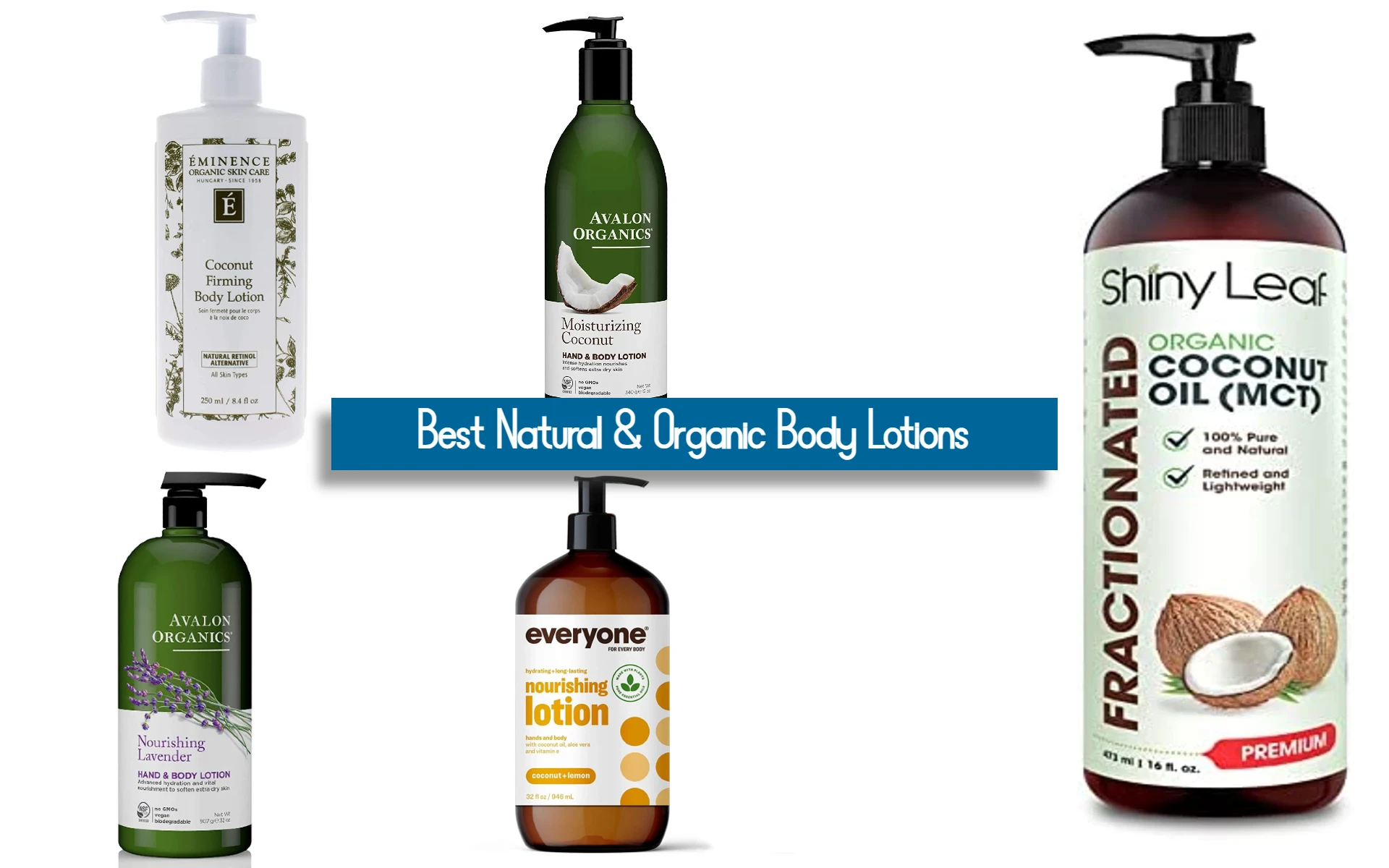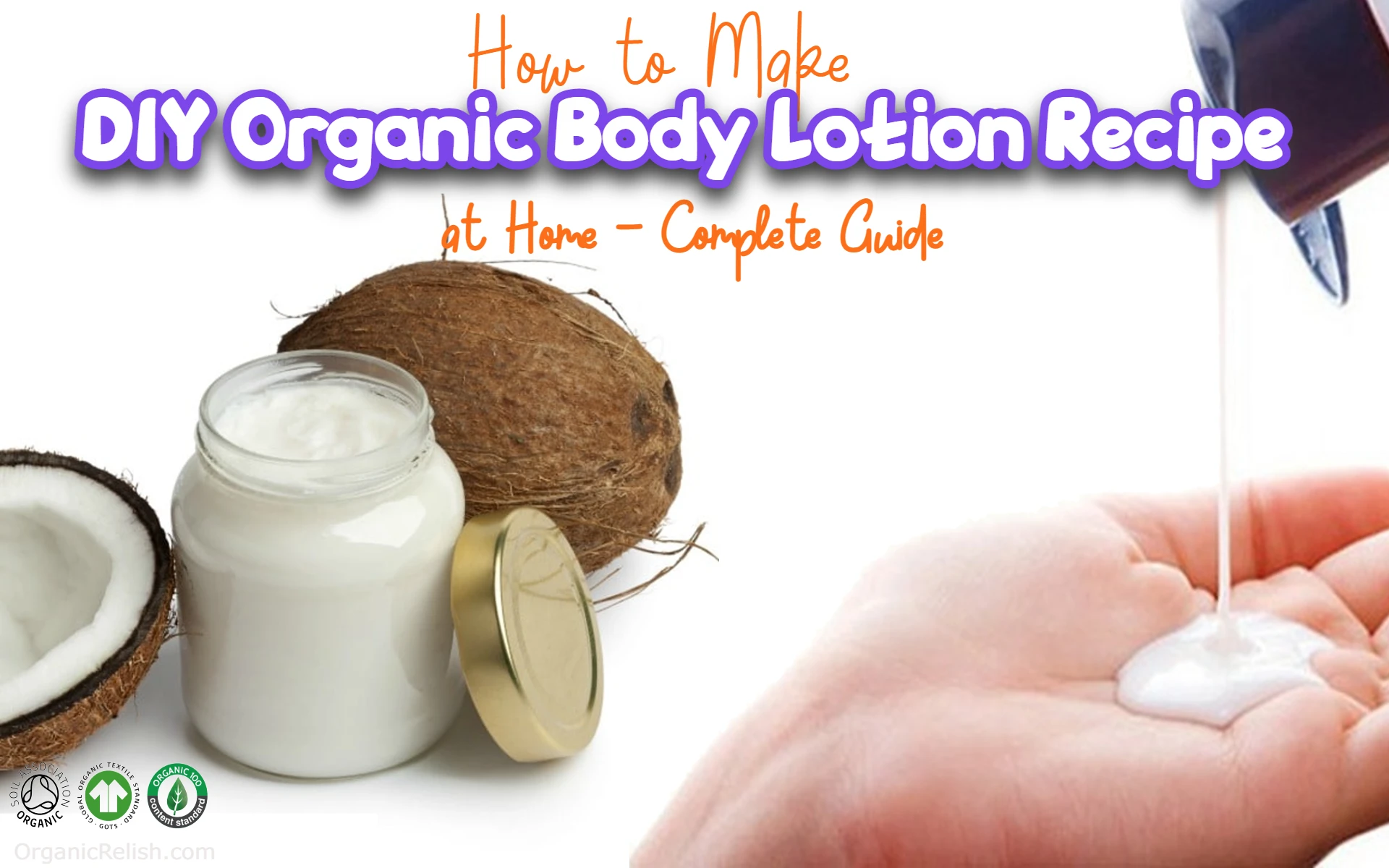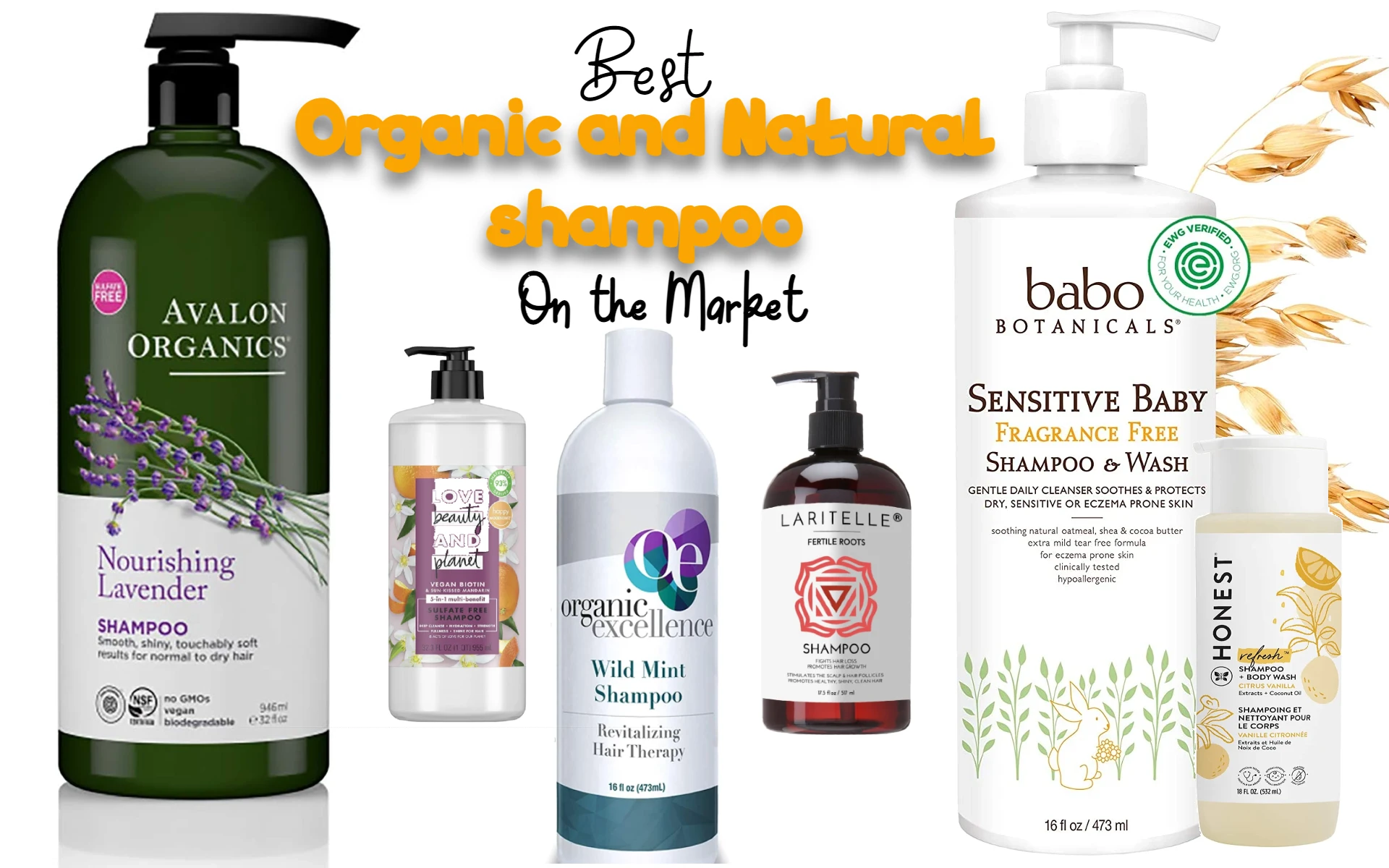How to Make Organic Soap
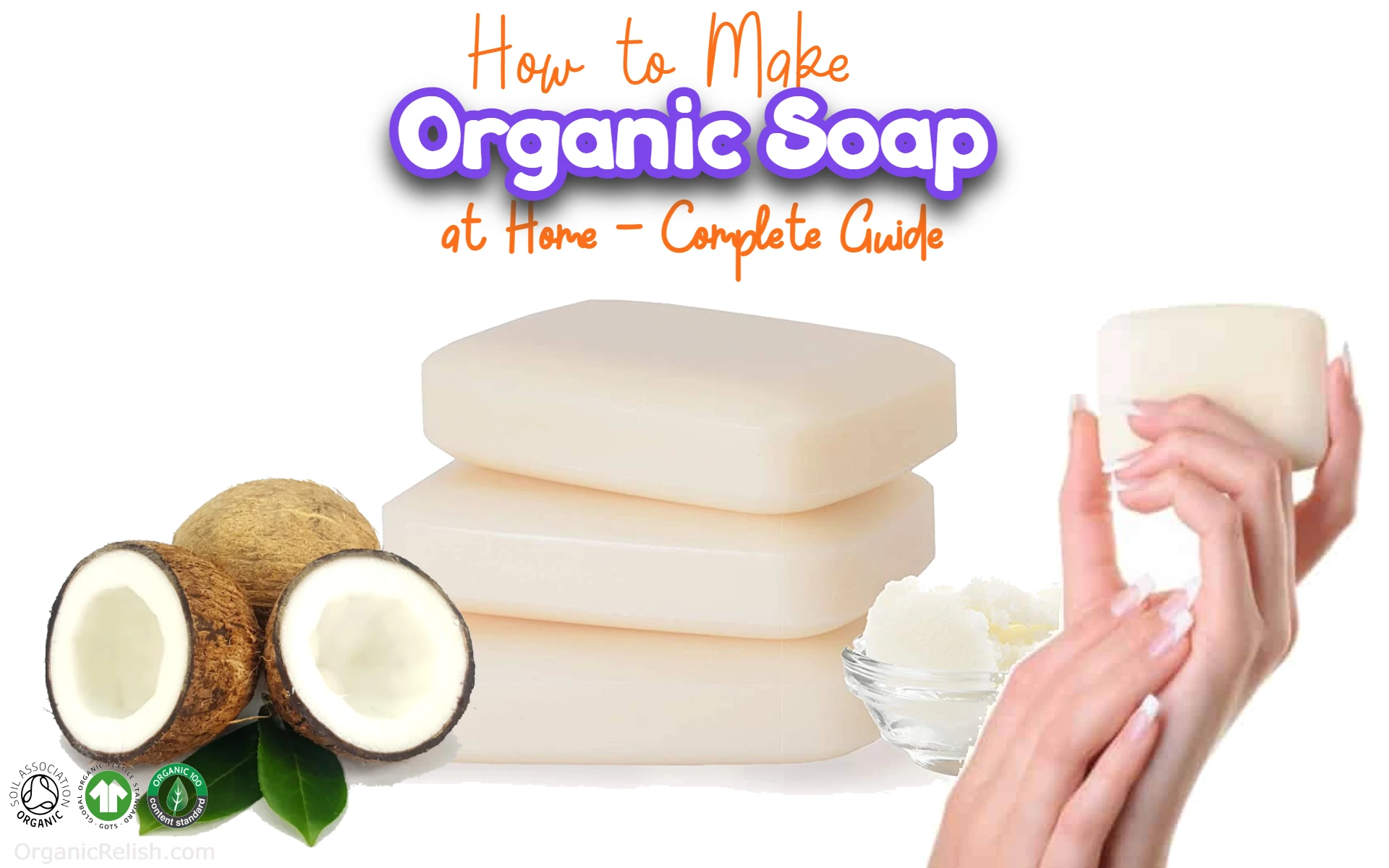
Making your own organic soap at home can be a fun and rewarding experience. Not only does it allow you to control the ingredients that go into your soap, but it also gives you the opportunity to create unique and personalized soaps.
In this article, we’ll go over the benefits of making your own organic soap and the steps involved in creating a batch of soap from scratch.
Benefits of Making Your Own Organic Soap
- Control Over Ingredients: By making your own soap, you have complete control over the ingredients that go into it. You can choose to use only natural and organic ingredients, avoiding harmful chemicals and preservatives that are often found in store-bought soaps.
- Personalization: Making your own soap gives you the ability to customize your soap to meet your specific needs and preferences. You can choose your favorite scents, colors, and shapes to create unique and personalized soaps.
- Cost-Effective: Making your own soap is often less expensive than purchasing store-bought soap, especially if you are using high-quality, organic ingredients.
- Sustainable: Making your own soap at home can be a more sustainable option as you can use natural ingredients and reduce packaging waste.
- Fun and Rewarding: Soap making can be a fun and creative process. It’s a great way to explore your artistic side and create something with your own two hands that you can be proud of.
How to Making Your Own Organic Soap (Step by Step)
Ingredients: (for Makes 4 bars of soap)
- Organic coconut oil: 2.5 fluid ounces (74 mL)
- Organic olive oil: 12 fluid ounces (350 mL)
- Distilled water: 4.5 fluid ounces (130 mL)
- Sodium hydroxide (lye): 2.14 oz (60 g)
- castor oil: 1.5 fluid ounces (44 mL)
- Essential oils (optional): 1 US tbsp (15 mL)
Equipment:
- Safety goggles and gloves
- Digital kitchen scale
- Stick blender
- Measuring cups and spoons
- Stainless steel or glass pot
- Soap mold (silicone or wooden)
- Thermometer
- Optional: stick blender
Time needed: 1 hour and 10 minutes
Making soap at home is a fun and rewarding experience, and using all-natural, organic ingredients makes it even better. Here’s a step-by-step guide on how to make your own organic soap from
- Gather your ingredients
To make soap, you’ll need a combination of oils and butters, lye, water, and any additional ingredients such as herbs, spices, or essential oils. Make sure to use high-quality, organic ingredients whenever possible.
- Prepare your workspace
Soap making can be messy, so make sure to prepare your workspace by covering it with newspaper or a plastic tablecloth. Also, make sure to wear gloves and protective eyewear to protect yourself from the lye.
- Measure your ingredients
Accurately measure out the ingredients you’ll need for your soap. It’s important to use the correct amount of each ingredient in order to create a balanced soap.
- Combine the oils and lye
In a well-ventilated area, carefully combine the oils and lye together. Stir the mixture until it reaches “trace,” which is when the mixture thickens and starts to resemble a thick pudding.
- Add fragrances and colorants
At this point, you can add any fragrances or colorants to your soap mixture. Stir them in thoroughly.
- Pour into molds
Carefully pour the soap mixture into molds and let it sit for 24-48 hours, or until it has hardened.
- Remove from molds
Once the soap has hardened, carefully remove it from the molds and let it cure for 4-6 weeks. During this time, the soap will continue to harden and the moisture content will decrease.
- Enjoy your soap
After the curing process is complete, your soap is ready to use! Enjoy the benefits of using your own handmade, organic soap.
Making your own organic soap at home is a fun and rewarding experience. By using high-quality, organic ingredients, you can create a soap that is not only good for your skin, but also good for the environment. So why not give it a try?
FAQs
Organic soap is a type of soap made with natural and organic ingredients that are free from harmful chemicals and synthetic ingredients. The ingredients used in organic soap are grown and processed without the use of pesticides, herbicides, or other harmful chemicals, making them a healthier and more environmentally friendly alternative to conventional soap.
Making soap at home gives you the ability to control the ingredients used, ensuring that they are of the highest quality and free from harmful chemicals. It also allows you to customize the soap to your liking, whether it be the scent, color, or texture. In addition, making soap at home can be a fun and rewarding hobby, and can save you money in the long run.
To make organic soap, you will need a combination of natural oils and butters, lye, and water. Some common ingredients include olive oil, coconut oil, palm oil, shea butter, and essential oils for fragrance. You can also add natural additives such as herbs, clays, and extracts for added benefits.
Yes, lye is safe to use in soap making, as long as it is handled properly and used in the correct amounts. Lye is a strong alkali that is necessary to initiate the saponification process that turns oils and fats into soap. Once the saponification process is complete, there is no longer any lye present in the soap, making it safe to use on the skin.
No, it is not possible to make soap without lye. Lye is an essential ingredient in soap making, as it is necessary to initiate the saponification process that turns oils and fats into soap. However, some soap makers do use a pre-made soap base that has already gone through the saponification process, which eliminates the need for lye.
Yes, you can use essential oils in place of fragrance oils in your soap. Essential oils are derived from natural plant sources and are considered to be healthier and more natural than fragrance oils, which are synthetic. Essential oils can also provide additional benefits to the skin, such as hydration and nourishment.
Read More:
